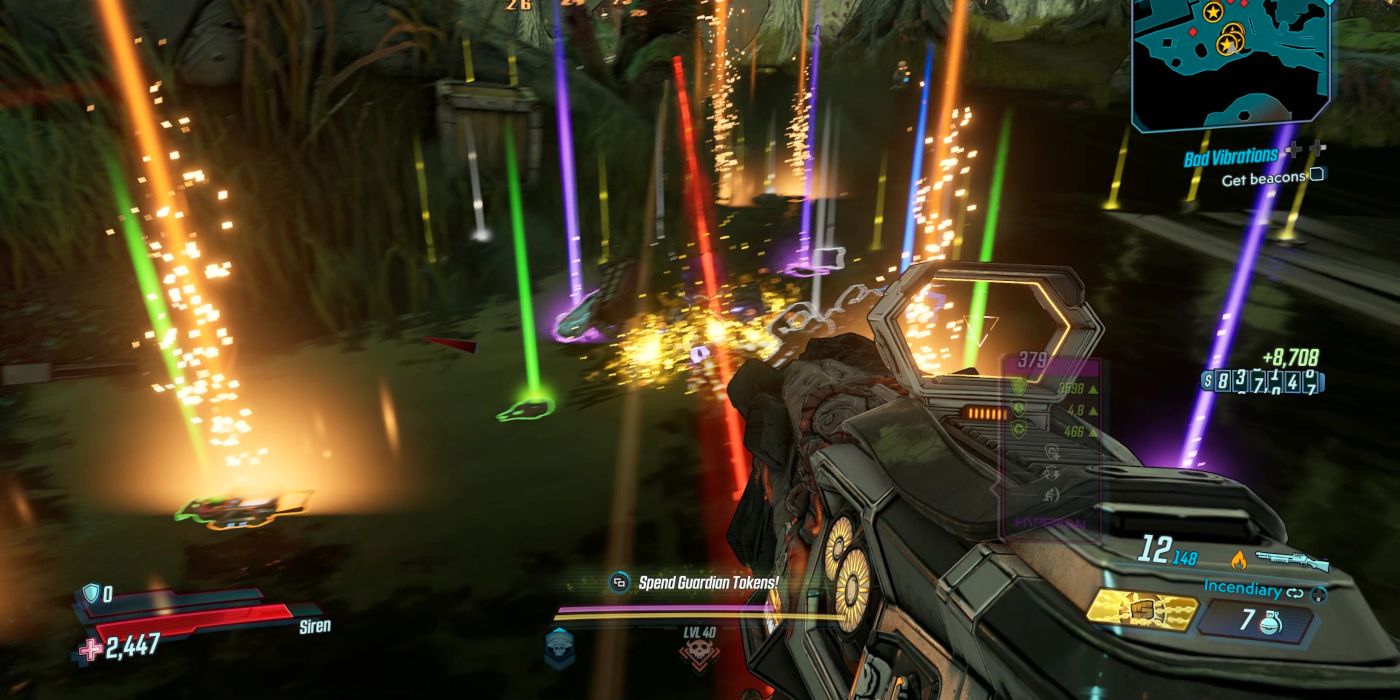
Over the past few years, the popularity of looter games have exploded thanks to the addicting grind of incremental character progression, alongside fighting through enemies and bosses. Franchises such as Diablo and Borderlands have had a deep influence in their respective genres, as more and more games attempt to emulate the loot-driven systems. Despite the surge in popularity, however, many looter games end up quickly forgotten as they can't replicate the balance between grinding and character progression as well as others.
Looter games such as Godfall and Wolcen generated excitement leading up to each release, only to suffer from bugs, repetitive endgame content, and awkward combat. Though these games have some interesting elements in them, there's a reason that players will continually revisit certain looter games over others. Few looter games have retained consistent popularity in their lifecycles and the ones that do are a result of the developers' ability to create a rewarding progression experience.
RELATED: Every Raid Boss Leading Up to Borderlands 3's Hemivorous The Invincible

Since its original release in 2017, Destiny 2 has undergone massive overhauls and updates to transform into the looter shooter that players are familiar with today. Building upon the foundation of its predecessor, Destiny 2 is an FPS game that combines elements of RPGs and MMOs together. Alongside regular story missions, players are able to participate in strikes, dungeons, and raids with others in order to progress their character experience and gear to tackle more difficult content.
One of the biggest reasons for the Destiny 2's continued success is its expansion packs, which further the storyline and add new content to the game. With a major expansion released every year, as well as a seasonal content model for minor additions, Destiny 2 continues to have strong community backing and developer support from Bungie. With a deep loot system featuring different perks, modifications, and attributes available for weapons and armor, the endgame content offering has become massive over the game's lifecycle.
Though its initial release was met with mixed reception, Destiny 2 has slowly evolved into one of the best looter shooter games as a result of its continued updates.
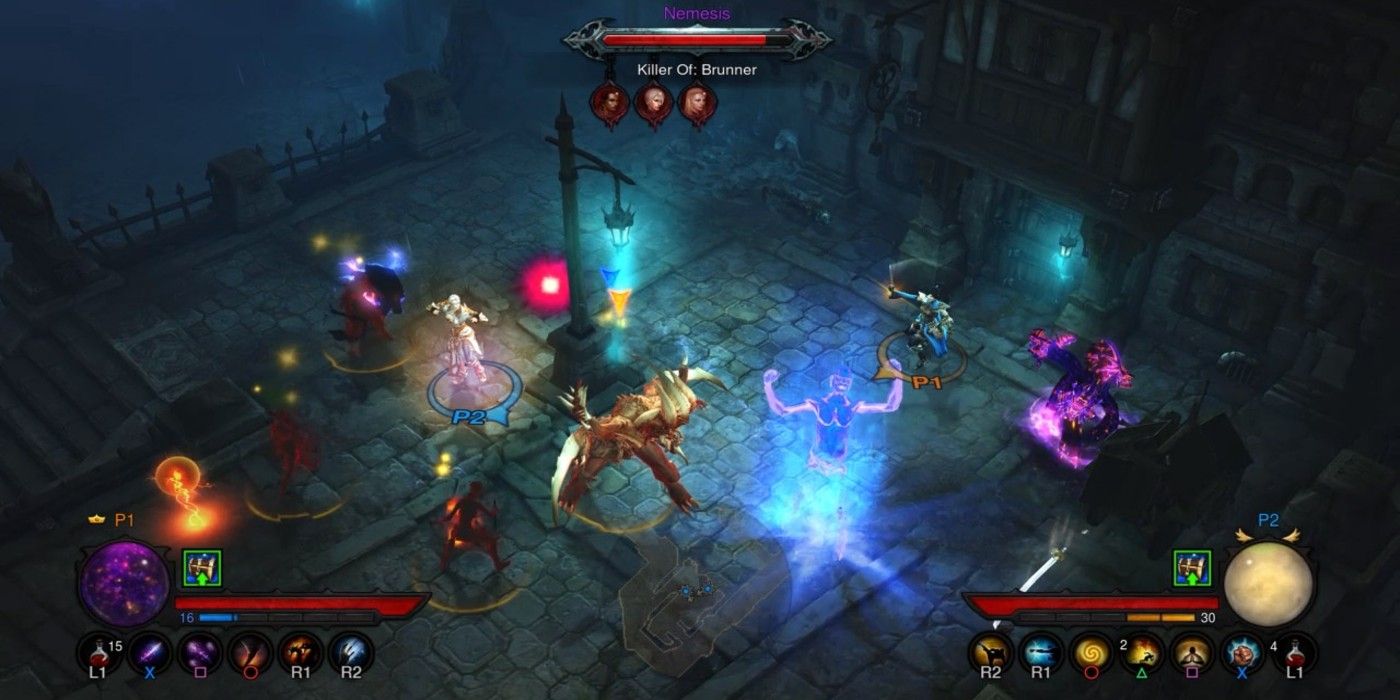
Perhaps the most definitive looter game franchise of all time, Diablo revolutionized the genre and how developers approached incremental character progression. Diablo 3 is the most recent mainline title in the series, and although it was originally released in 2012, it has remained popular almost a decade later. Despite a rocky initial release, its continued seasonal updates and Reaper of Souls DLC have transformed it into one of the best looter games today.
Like its predecessors, Diablo 3 features randomized quality and attributes on equipment. Players must continue to progress through both story and endgame content in order to improve these stats or gain new items. After completing the main story, players can continue to complete rifts and bounties to progress their characters and in turn, obtain better gear. Diablo 3 also includes seasons where new challenges and loot appear for players while they try to gain achievements to climb the leaderboards. With its continued seasonal challenges, Diablo 3 continues to draw both newcomers and veterans alike despite its age.
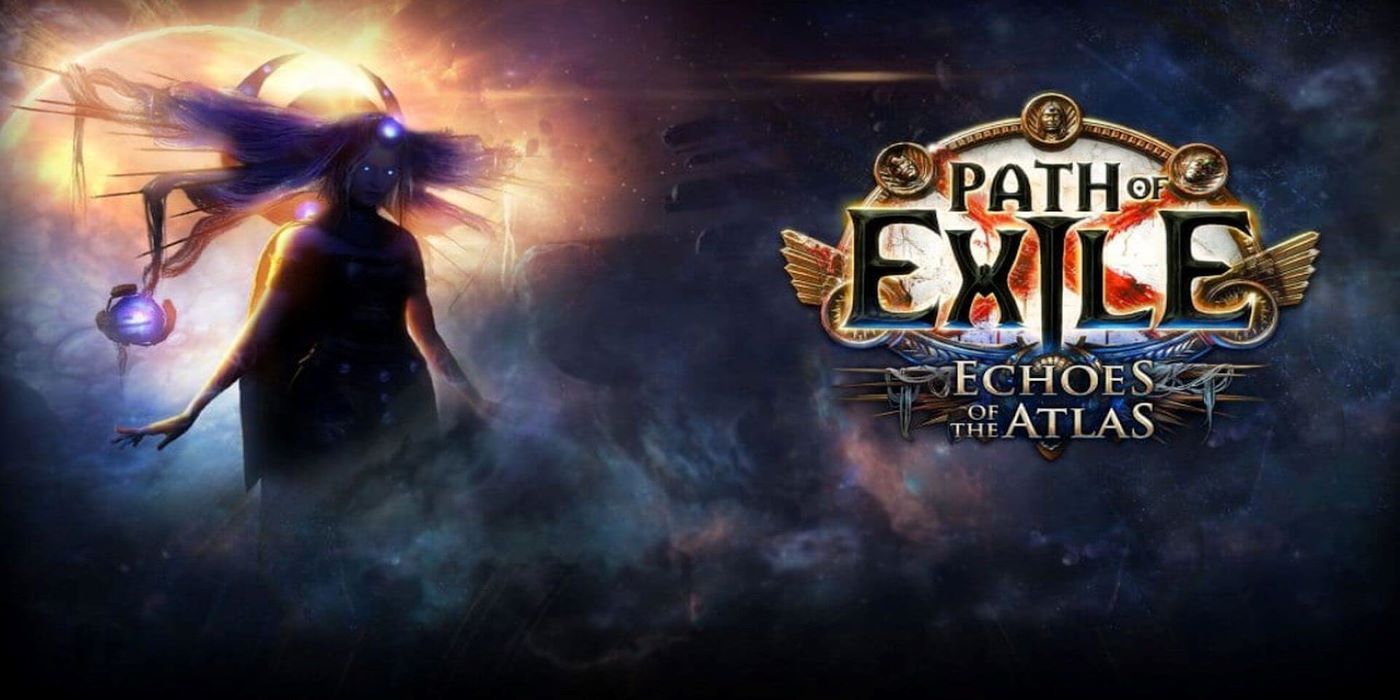
Commonly referred to as the hardcore alternative to the Diablo series, Path of Exile offers the most flexible, in-depth approach to looters with its numerous mechanics. Thanks to its giant passive skill tree, players have the option to experiment with countless build options and continually refine their progression over time. One of the biggest reasons for Path of Exile's continued success is its challenge league system where new mechanics are introduced and tested for a few months before being added into the base game. This allows players to choose the way they progress their characters and makes the grinding aspect less repetitive.
Path of Exile has a learning curve and although the loot system may be familiar to some Diablo fans, the emphasis on modifications, crafting, and augmenting different gear can be daunting at first. However, once players have adjusted to the complicated mechanics, the endgame content of Path of Exile is rewarding and the experience is unmatched in its genre. Though Path of Exile has been around since 2013, its consistent updates and intricate mechanics have ensured its continued success.
RELATED: Diablo 4 Should Take Inspiration From Path of Exile's Endgame
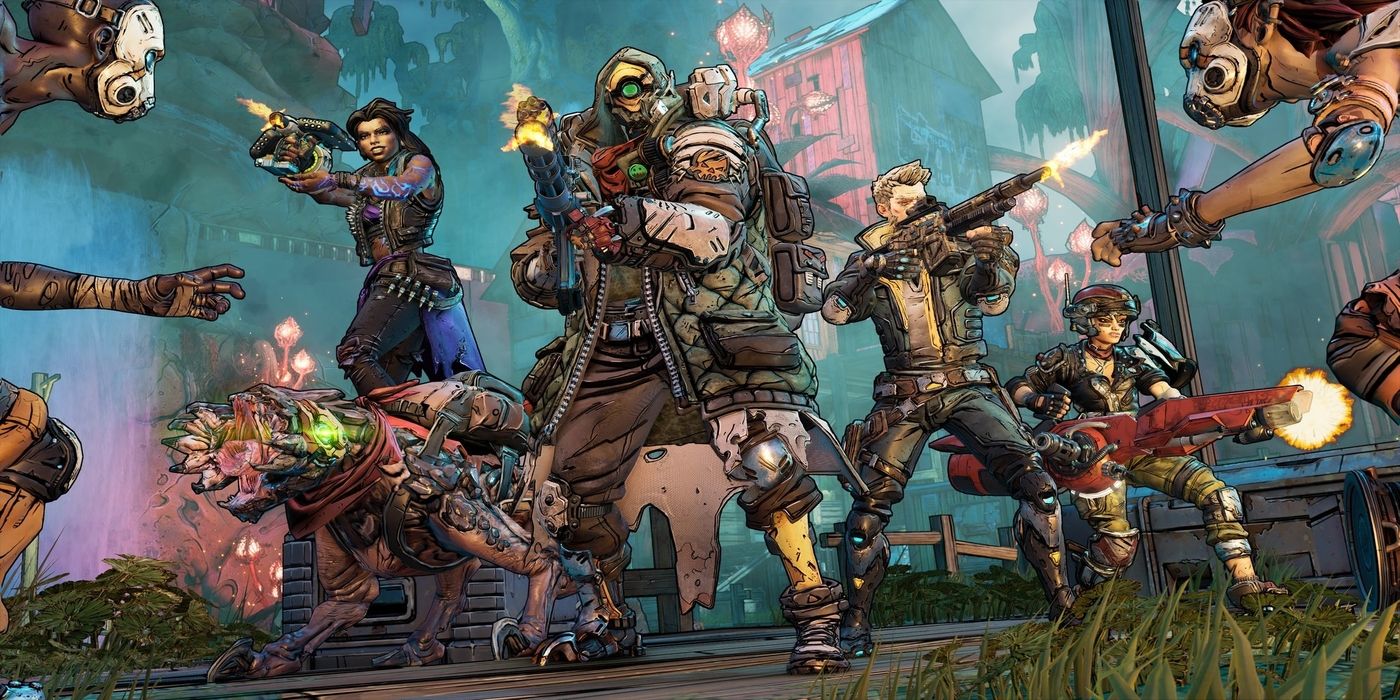
Over the years, the Borderlands series has defined the looter shooter genre, and has influenced many of the looter games that players see today. Borderlands 3 is the fourth mainline title in the franchise and it greatly improves on the foundation that previous games had built. Featuring numerous quality of life changes and reworks to guns, Borderlands 3 has the tightest loot and customization mechanics of any game in the series. Using procedurally generated stats for loot and enemies, Borderlands 3 allows players to continually upgrade their characters as they progress through harder content.
Borderlands 3's biggest strength is its online and LAN co-op, which allows players to join forces while exploring the world. Regardless of level or mission progress, players are able to jump in with their friends at any given time. Although the main story has been met with mixed reception, the game itself continues to thrive due to its well-designed combat system and complex loot mechanics.
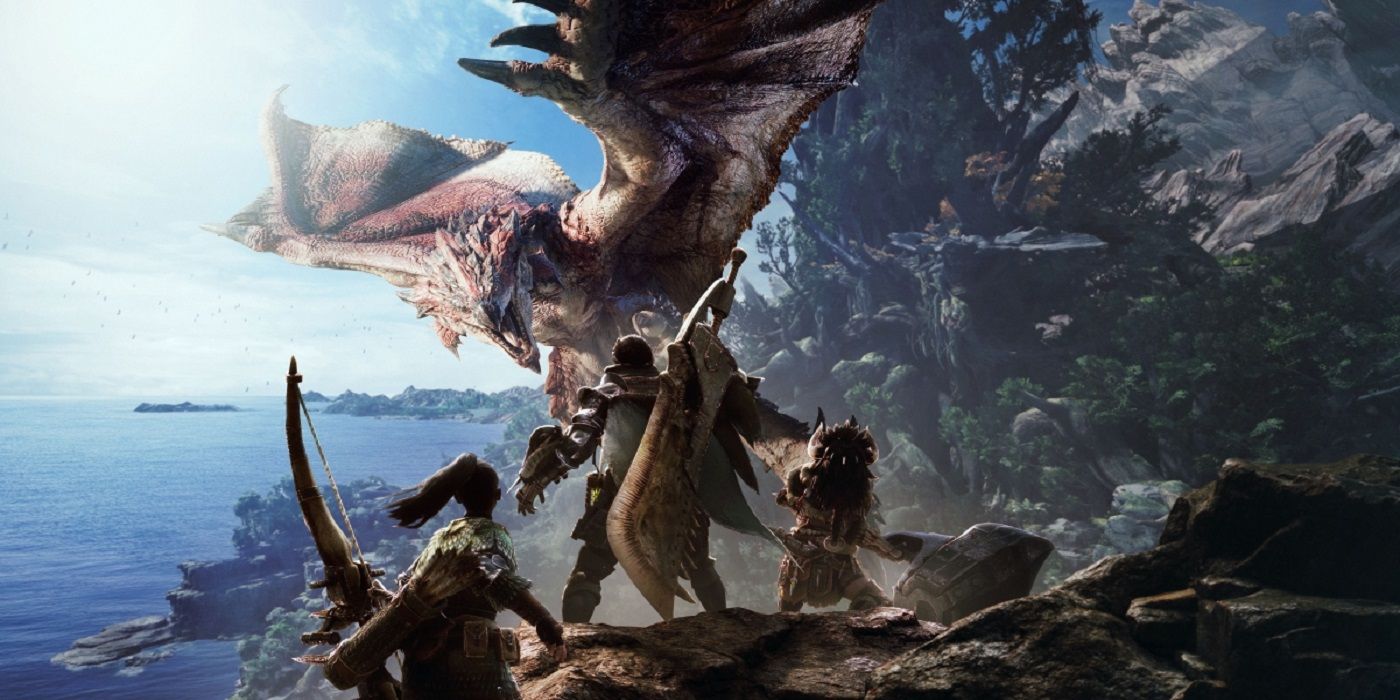
The Monster Hunter series is well known for its core gameplay loop: Players use loot gained from defeating monsters, completing quests, and gathering resources in order to craft improved equipment to face stronger monsters and in turn, receive better loot. Monster Hunter: World takes advantage of the current gen of consoles and PC hardware by connecting the open environments, improving monster AI, and emphasizing the multiplayer experience. As a result, Monster Hunter: World saw huge success in the Western market and its accessibility for newcomers drew critical acclaim.
Featuring 14 different weapons with unique characteristics and attacks, players have the flexibility to choose between proficiency in multiple weapons or attain mastery of one. As players explore the environments in Monster Hunter: World, they have the ability to use specialized tools, tactics, companions, and the environment to hunt the monsters. There's little story involved in Monster Hunter: World and players will quickly get accustomed to the research, crafting, fighting, and gathering gameplay loop.
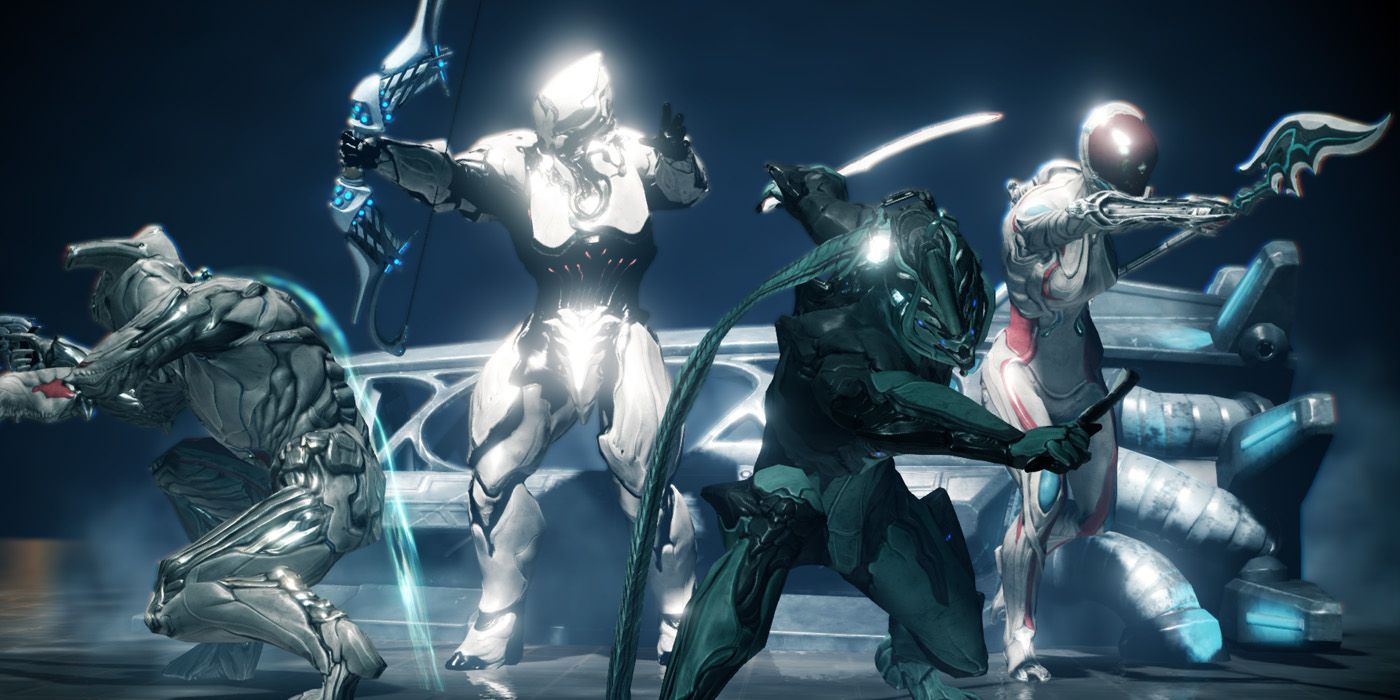
Despite its slow initial growth, Warframe has transformed into one of the most popular looter shooters due to its consistent updates and community engagement. A third-person shooter with elements of RPGs and stealth games, players control a combat unit called a "Warframe" which can be customized with unique abilities and hundreds of weapons. As players complete bounties and missions, they can receive rewards and drops to craft and upgrade their gear.
Over the years, Warframe has continually been updated with new mechanics such as raids, PvP, syndicates, and even side activities such as mining or fishing. Although the amount of content can be confusing for newcomers, the community is friendly and there are many resources for players to learn the mechanics. Its free-to-play model ensures there are no pay-to-win elements in the game and the microtransactions can be obtained through grinding. Warframe is the perfect example of how continued, steady support can make all the difference in a looter game's longevity.
MORE: Destiny 2 Gets Season Pass Trailer Four Weeks Into Season of the Chosen

